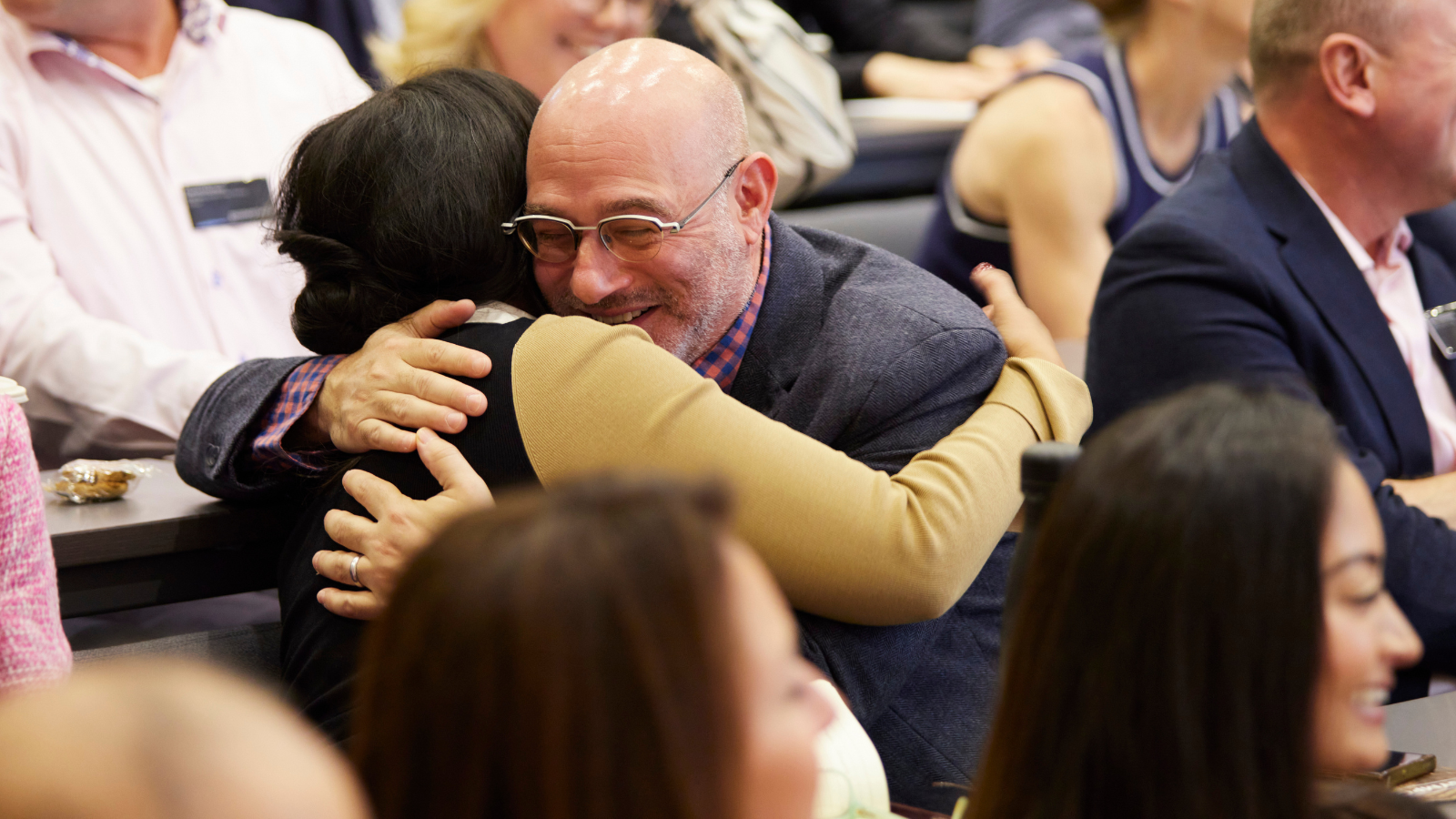- People
- Expertise
Our expertise
We are a team of more than 500 professionals, with the depth of experience which makes us genuine experts in our fields. Together, gunnercooke’s people have strength across just about every corporate discipline and sector. We provide legal, commercial and strategic advice that delivers real value to the clients we work with, which span from multinational enterprises through to unicorns and non-for-profit organisations. Our breadth of expertise covers some of the most interesting and important emerging disciplines, from ESG and charity law, to blockchain and competition.
Search by practice areaDispute ResolutionDispute Resolution OverviewMeet the Dispute Resolution TeamIntellectual Property DisputesFinancial Services & FinTech OverviewProceeds of CrimeEmployment TribunalTax InvestigationProperty Dispute ResolutionInsolvency DisputesMediationCivil Fraud & Asset TracingHealth & SafetyBusiness Crime & InvestigationsLitigation & ArbitrationInternational Arbitration - International
International Offices
The gunnercooke group has 15 main global offices across England, Scotland, the US, Germany and Austria, with further plans for growth in the coming years. These offices enhance the existing in-house capability of our dedicated international teams and dual-qualified experts that cover Spain, France, Italy, Portugal, Brazil, China, India, Poland and Hungary. Our team have clients across 123 jurisdictions, speak 46 languages and are dual-qualified in 21 jurisdictions. Our expertise means we can offer large teams to carry out complex cross-border matters for major international clients.
- Our story
Our story
gunnercooke is the fastest growing corporate law firm in the UK, now making its mark globally. We comprise a rapidly growing number of experts spanning legal and other disciplines. Clients benefit from flexible options on fees to suit their needs, access to a wider network of senior experts throughout the relationship, and legal advice which is complemented by an understanding of the commercial aspects of running a business.
- Reading Room
- News & Insights

The Stress Solution: 4 key insights from BBC’s ‘Doctor in The House’
Best known for his work on BBC’s Doctor in the House and The One Show, Dr. Rangan Chatterjee has become a figurehead for the nation’s daily health and wellbeing in recent years.
We’re delighted to announce that Dr. Chatterjee will be joining us as one of our keynote speakers at this year’s Symposium. Ahead of his appearance, we’ve taken some time to dig a little deeper into his thoughts on managing the stresses of work and home life.
Here are four practical insights we’ve handpicked from the doctor himself, along with a brief interpretation that could prove valuable to anybody looking to optimise their health and lifestyle. Each point covers one of the four key pillars of our physical and psychological wellbeing: body, mind, purpose and relationships.
Body: Fix your sleeping pattern
We all like a lie-in from time to time, though it really pays to wake up at roughly the same time every day, even on weekends. This helps to keep your natural body clock and circadian rhythms consistent, in turn regulating your sleep-wake cycle, hormone release, eating habits and digestion.
Light can be a big factor too. Try to expose yourself to bright, natural light every morning, and avoid blue light (TV, mobile or computer screens) in the hours before you go to bed.
Mind: Meditate for at least 5 minutes every day
Meditation is one of those things that people know could make a difference in their lives, yet they struggle to develop into a habit. Most of us will know the feeling of frustration at not being able to switch off, or getting restless if we’re not immediately able to relax and zone out in the way we expect.
The fact is that meditation requires practice. A person who can’t swim wouldn’t expect to jump straight in the pool and suddenly be able to glide effortlessly from one end to the other – and the same applies here. Set yourself a target of meditating 5 minutes a day for one week. It might also be worth investing in an app or coaching video to develop the technique and form the habit.
Purpose: Start making daily affirmations
Our brains constantly respond and adapt to every bit of information we receive during the day – so it makes sense to prepare and control our thinking in whatever way we can.
One powerful trick is to repeat affirmations to yourself. It might seem strange at first but making a short, powerful and positive statement of intent is a good way to programme our brains for success. Repeating something as simple as “I’m happy, calm and stress-free” for a minute or so can actually help take us out of stress state and into thrive state relatively quickly.
Relationships: Don’t think that social media replaces being social
Modern life is a juggling act for most of us. Between work, family, kids and personal downtime, it often feels like there’s very little in the tank for anything else. Yet making time to socialise and see friends should never be placed on the back burner for too long.
Keeping in touch with people via text or social media is one thing, but it doesn’t compare with the innate human need to enjoy the company of others in person. A simple trick is to ensure that whenever somebody says the classic ‘we should meet up for a drink at some point’, you pencil in a date in the diary to make it happen.
Just over a month to go!
We can’t wait to welcome Dr Chatterjee to this year’s Symposium where he’ll be sharing plenty more insights on health, wellbeing and combating stress. We’ll also be sending you a few more key updates over the coming weeks in the build-up to 11ᵗʰ September. Keep your eyes peeled on your inbox!






